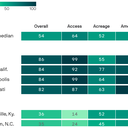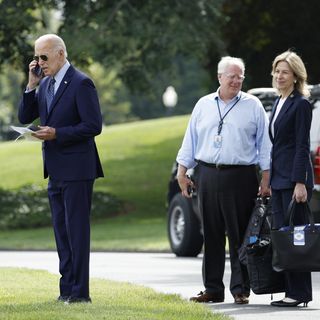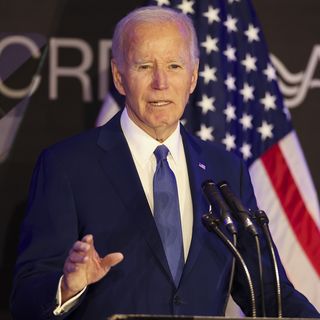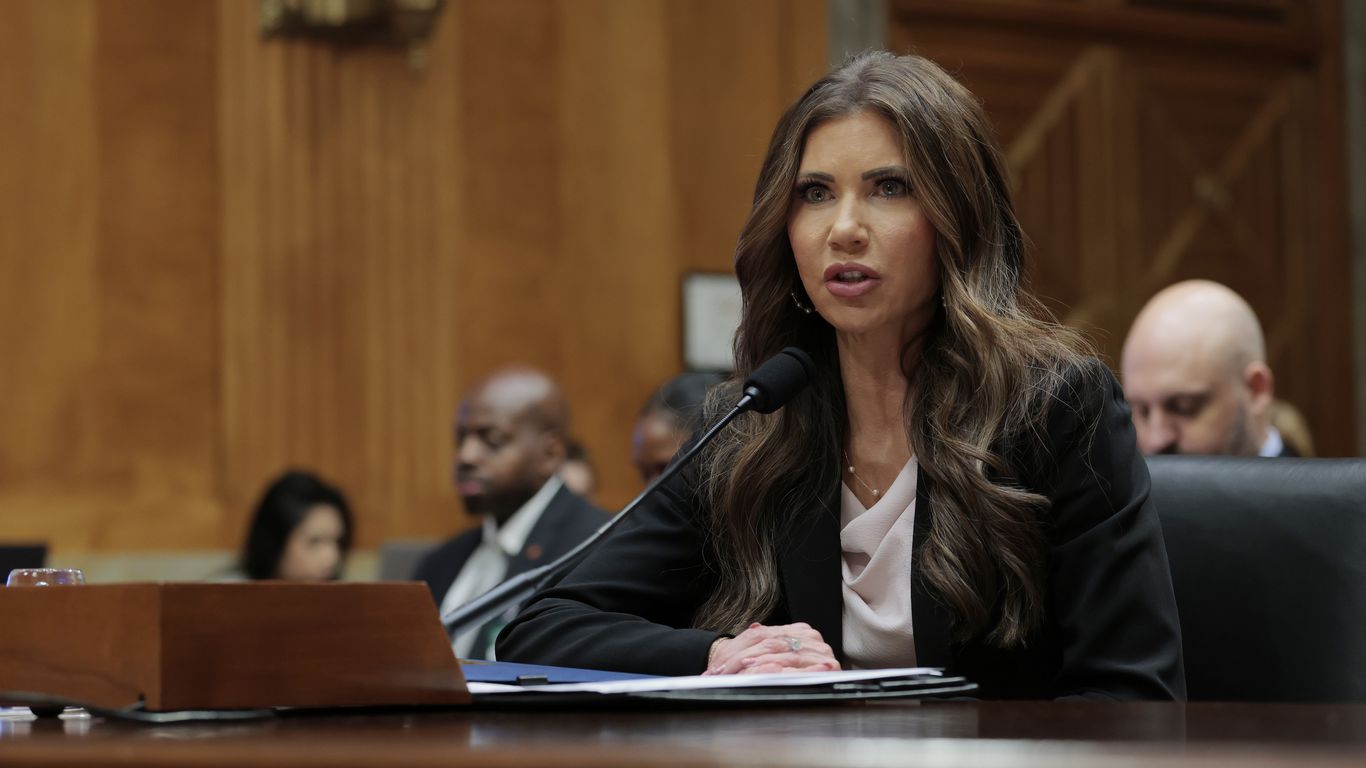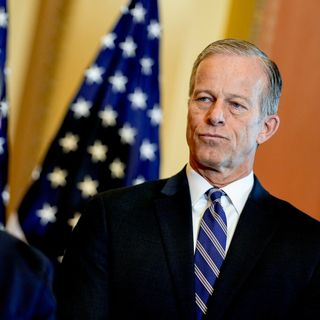These cities have America's best parks
Washington, D.C. is once again home to the country's best city park system, a new ranking finds.
Why it matters: City parks serve as community meeting spots and civic spaces, offer room for exercise and fresh air, and can draw in new residents — but they require investment, attention and protection.
Driving the news: That's according to the 2025 ParkScore index, an annual ranking from the Trust for Public Land (TPL), a pro-park nonprofit.
- The report ranks the 100 most populous U.S. cities' park systems relative to one another based on five categories: acreage, access, amenities, investment and equity.
What they found: D.C. took home top honors with a total of 85.5 points, thanks in part to big access and investment scores.
- Irvine, California, came in second, while Minneapolis ranked third.
- St. Paul, Minnesota, sits in fifth — meaning the Twin Cities remain a solid option for park lovers.
Zoom in: Irvine jumped from fourth place in 2024 to second this year — "propelled," TPL says, by "continued progress on its 'Great Park,' one of the most ambitious public park projects in the country."
- Denver's now in the top 10 (up from 13th last year), while Cincinnati moved from eighth to fourth.
Stunning stats: Among the cities analyzed, $12.2 billion was invested in park and recreation systems in 2024, while 76% of residents now live within a 10-minute walk of a park.
- Those are both records since TPL started tracking such figures in 2007 and 2012, respectively.
What's next: Some of the money cities are spending on public parks lately is tied to pandemic-era federal infrastructure funding, which won't last forever.
- "It'll be interesting to see over the next couple of years, if there aren't replacement funds ... what that will mean for cities and communities that are really wanting to invest in parks," TPL president and CEO Carrie Besnette Hauser tells Axios.
